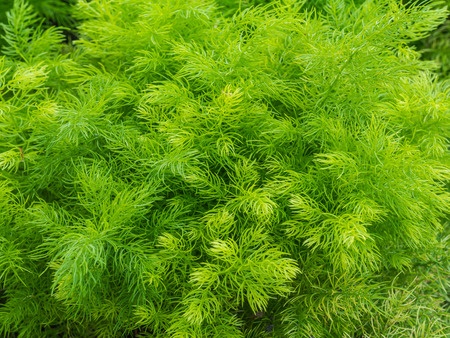Description
OrderFood Supplement
Shatavari is a traditional Ayurvedic herb native to the Indian subcontinent and the Himalayas. In translation, the name means “she with 100 husbands”. It is particularly beneficial to the female reproductive organs. It supports fertility and nursing and suppresses adverse symptoms of menopause. It also helps maintain a stable (pre)menstrual cycle, relieves stress, improves emotional wellbeing and sleep quality, and supports vitality.
The tincture contains no alcohol, dyes, or artificial sweeteners.
Contents: glycerol; water; Asparagus racemosus BIO
Recommended dose and instructions: Shake well. Use 20 drops 3x per day. We recommend putting the drops in your mouth and letting them absorb through the oral mucosa. This can be followed with a small amount of water. The daily recommended dose contains extract equal to 3,420 mg of fresh plant matter.
Warning: This product is not a substitute for a balanced diet. Do not exceed the daily recommended dose. Close tightly and store in a dark, dry place out of reach of children.
Count: 50 ml

CZ-BIO-002
“agriculture outside the EU”


